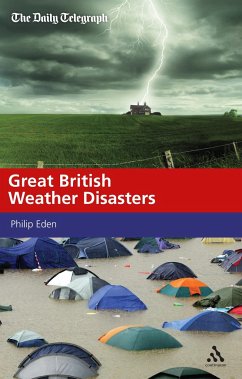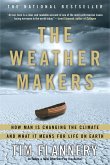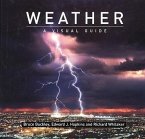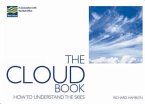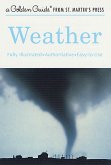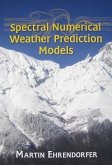Disaster books traditionally feed on hype, sensationalism and bad science. Eden manages to redress the balance. What then is the place of weather disasters in our climate? Are they freaks or a necessary part of the whole? How rare are meteorological event does it take to cause chaos in our day-to-day lives? Are we becoming more at risk and less capable of dealing with them? Or do we just complain more? These days we try and mitigate the effects of different hazards, by acquiring personal and property protection - individually, personally and politically. So what is the role of local and central government, the insurance industry, the media and the public? And how do we actually measure disaster? By rarity, insurance cost, death toll, recovery times etc? Can we merge all these so we can compare -say- the 1976 drought with the 1891 blizzard? Can we rank disasters? 15,000 died in the European heatwave of August 2003. Is this the shape of things to come? What will happen if the Gulf Stream/North Atlantic Drift stops flowing? Here are just a few of Philip Eden's topics in a book which will be riveting to readers.
Hinweis: Dieser Artikel kann nur an eine deutsche Lieferadresse ausgeliefert werden.
Hinweis: Dieser Artikel kann nur an eine deutsche Lieferadresse ausgeliefert werden.

